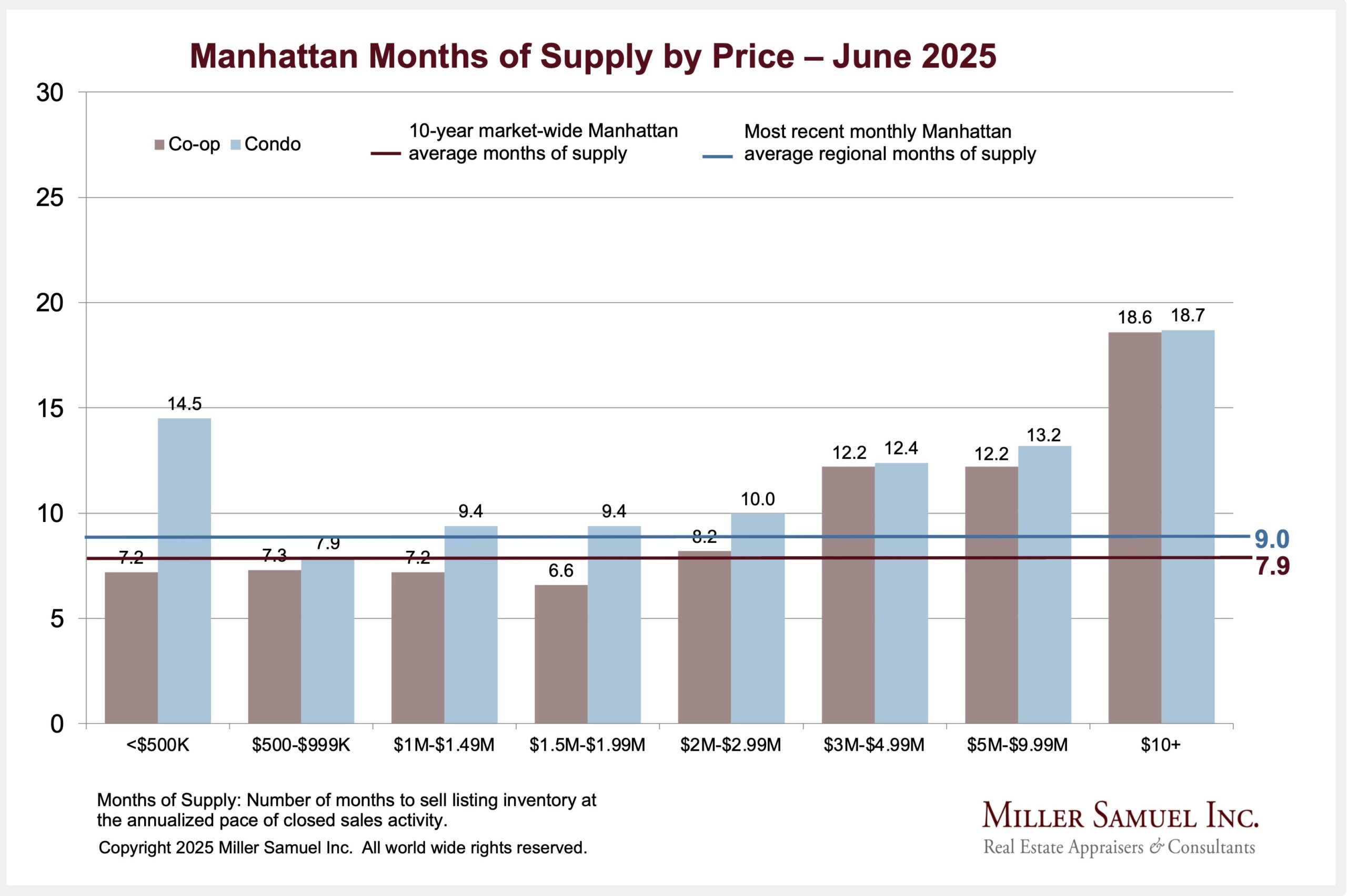I’ve spent the latter part of this week at a joint session of The Appraisal Foundation which had plenty to offer – including all you non-appraiser real estate types as I write this from an Acela Express train racing from DC to New York this morning. That meeting, combined with a large steak and some sort of mint chocolate chip tasting drink at Morton’s Steak House has left me slow and groggy as I write this, plus I’m trying to crack the pancake code simultaneously, so I’ll keep it a little short this week.
The most exciting monetary policy travel moment you'll ever have! pic.twitter.com/VO21HVaJCD
— Greg Caskey (@barspittercask) June 4, 2018
What’s A Boston Real Estate Market “Sound” Like
I’ve been quite remiss in not spending more time sharing the insight-rich NeighborhoodX start-up (with whom I am an advisor) that takes neighborhoods to depths that are not found in other resources, especially in the canned feedback from the big real estate portals. They have their Boston site out in beta with more to come. Since I’ve been traveling a bunch lately I thought I’d explore the topic of airport noise. Try flying around the site and explore the thoughtful insights on all things that impact neighborhoods. Click to expand the following images.
Elbow Room is Overrated
Conor Dougherty wrote a great page one Wall Street Journal piece on the density of Vancouver, Canada, the poster-child for the global new development real estate phenomenon. They have a huge affordability challenge and have encouraged the development of small homes in their backyards. It’s not about just building more units… this is worth a listen.
2 Big 2 Fail
On the must listen daily VOX podcast “Today, Explained” there is a great discussion of the rollback of the banking regulations instituted after the financial crisis, because, well, history can’t possibly repeat itself. Here’s 2 Big 2 Fail
Can Keller Williams Survive Manhattan?
As one of the few franchise brokerage firms in Manhattan, there was concern that this firm would not survive the latest real estate downturn and would meet the same fate as Town did a few weeks ago.
Keller Williams NYC was the fastest-growing firm in Manhattan last year. But more bodies doesn’t always mean more business. When it came to closing deals, Keller Williams NYC was down 18 percent year-over-year to $193.1 million in sell-side transactions, placing 13th among Manhattan firms. “If you have one of the highest agent counts and one of the lowest incomes,” said one former staffer, “it tells you all you need to know, doesn’t it?”
Founder Ilan Bracha was interviewed by EB Solomont of The Real Deal to talk about how they pivoted in order to survive.
New in the Real Estate Lexicon
With Blockchain coming to real estate, I thought it would be useful to Housing Note readers to better familiarize themselves with the term. Not everyone is a fan of its future (but I am).
Appraiserville
The Appraisal Foundation Hosts National Appraisal Forum to Discuss Appraisal Waivers and Hybrid Appraisals
“Preserving the Public Trust”
I really got a lot out of this week’s joint meeting with IAC and TAFAC of The Appraisal Foundation that took place in Arlington, VA. I represented my appraisal firm Miller Samuel at IAC (Industry Advisory Council) and RAC (Relocation & Consultants) at TAFAC (The Appraisal Foundation Advisory Council) and I’ll be sharing new insights on these and other topics in the coming weeks.
[updated]Appraisal Waivers – Both Julie Jones of Fannie Mae and Scott Reuter of Freddie Mac spoke about the waiver concept. On the whole, I feel much better about the GSE’s intent from their presentations. They’ve been offering appraisal waivers for more than a decade but recent efforts were ramped up and widely touted (and widely criticised). Their market share of loans with an appraisal waiver is a little under 10% so of course, the fear by most appraisers is that it is a slippery slope and soon all appraisals for Fannie Mae and Freddie Mac loans would be waived. The FNMA explanation was that if market share were to increase beyond 10%, their credit box would have to be expanded and that is a difficult process, requiring approval by their regulator FHFA (Federal Housing Finance Agency) [Expanding the credit box would relate to many issues including loan-to-value and property types]. In my view, they have been trying to entice lenders to better match their underwriting interpretation of risk with the actual risk out there. Lenders have lost their appetite for risk with the exception of some recent easing. With the economy strong and some consensus building for a recession by 2020, I find it hard to see a significant expansion of the FNMA credit box if at all, at least in the near term. [However, appraisal waivers are included in FNMA mortgage transactions because they are disclosed at the loan level and there is room for growth.] Therefore it would follow that the expansion of appraisal waivers would be unlikely. [Incidentally, the GSEs have to report to FHFA every quarter on any outliers, i.e. why market share expanded for certain loan types.] On another note, I don’t think the understanding of the AMC impact to loan quality has been properly [adequately] exposed because the GSEs can’t distinguish between AMC appraisers and non-AMC appraisers.
Hybrid Appraisals – An analyst for Moody’s spoke about hybrid appraisals that rely on a separate inspector rather than the appraiser. There has been little adoption observed in the securities markets. Moody’s knows of only one deal that included hybrid appraisals in some of the loans of a portfolio and there is no apparent impact yet on portfolio pricing. This deal had nothing to do with the GSE portfolios. Moody’s perspective was that portfolios include broker price opinions (BPOs) and they are more comfortable with appraisers being involved in the process. However Moody’s along with S&P and Fitch missed the housing bubble, thinking they could mitigate all risk but were using the wrong data to feel comfortable. My takeaway is that there is no real data or precedent to base risk decisions on this new product at this time and their biggest concern was the lack of standardization of separate inspectors for this product. The Fannie Mae waiver product is confusingly inserted into this line of thinking yet Fannie Mae appraisal waivers are not part of these portfolios. If their use becomes prolific much like AMCs have grown to dominate the mortgage appraisal industry, I start wondering about the expanded misplaced quality assumptions built into the bond market. In other words, bond pricing is likely appraiser-quality influenced and with 80% to 90% of all retail mortgage appraisals going through AMCs, up from 10% in before 2009. This lack of AMC understanding as it relates to the value of mortgage collateral for securitization should make regulators nervous. What is going to happen to the bond market, whose mortgage collateral that is largely tied to AMC quality (which are generally poor) when the quality issue finally becomes more front and center.
Appraisal Institute Roams The Halls of Irrelevance in DC – Despite being denied re-admittance to TAFAC for not agreeing to honor the TAF mission statement, Scott DiBiasio of the Appraisal Institute continues to attend Appraisal Foundation meetings like this week’s, trying to insert influence and assert AI’s presence despite its current industry irrelevance. The more feedback I get about their actions, the more I am convinced they have some sort of private agreement with REVAA (Real Estate Valuation Advocacy Association) to encourage the industry adoption of evaluations despite pushback from their own residential members. Time will tell but as history has shown us, they don’t share these types of things with their members. Afterall, it took members a decade to get AI National to admit and disclose their deal with FNC. Residential appraisers I know – who are and are not AI members – continue to scratch our heads wondering why they are so unnaturally and over-enthusiastically supportive of demeaning our profession to enable us to do $25 (and I have heard of $7 to $12) evaluations as if that serves their members best interest. No logical reason for their over the top enthusiasm has been shared. To date, AI National has had no success on the state legislature level nationwide with this agenda that is unsupported by their members and in fact, I heard AI just lost its bid to enable appraisers to switch on or off their USPAP licensing requirements in Florida by a 1-7(?) vote.
A Better Day Ahead Through Collaberation – I had several appraisers at the conference mention to me that the mood in this regulatory body was noticeably more upbeat. The elimination of the constant AI National-fueled drama was no longer poisoning the collaborate efforts of stakeholders. That makes sense. Jim Park, director of the Appraisal Subcommittee (ASC) spoke to the joint TAFAC and IAC group and said that the only way our profession moves forward is in a collaborative way. I totally agree with that observation. It would be great to see AI National be a part of that but sadly that can’t happen if the current leadership remains and they continue to ignore the needs of their hard-working residential members.
Brilliant Idea #1
If you need something rock solid in your life (particularly on Friday afternoons) and someone forwarded this to you, or you think you already subscribed, sign up here for these weekly Housing Notes. And be sure to share with a friend or colleague if you enjoy them because:
– They’ll eat more steak;
– You’ll be more train-worthy;
– And I’ll be more collaborative.
Brilliant Idea #2
You’re obviously full of insights and ideas as a reader of Housing Notes. I appreciate every email I receive and it helps me craft the next week’s Housing Note.
See you next week.
Jonathan Miller, CRP, CRE
President/CEO
Miller Samuel Inc.
Real Estate Appraisers & Consultants
Matrix Blog
@jonathanmiller
Reads, Listens and Visuals I Enjoyed
- New Tax Laws Have Home Buyers Checking New Places [Wall Street Journal]
- Housing Market Is Still Sluggish, 10 Years After Crisis [CIO Magazine]
- Penthouse in Gloria Vanderbilt’s Childhood Mansion Asks $30 Million [Wall Street Journal]
- Should I Lower the Asking Price On My Home Because of High Property Taxes? [Mansion Global]
- House Hunting in … Mexico [New York Times]
- 5 Proven Ways to Increase Home Value [NerdWallet]
- The Billion-Dollar Loophole [ProPublica]
- Housing Perspectives (from the Harvard Joint Center for Housing Studies) [Housing Perspectives]
- On the House: Mortgage lenders are making it easier for you to buy a house. But are they repeating last decade's mistakes? [Chicago Tribune]
- This New Interactive Map Settles Boston’s Muddled Neighborhood Boundaries [Boston Magazine]
- The Latest Urban Development Trend: Less Elbow Room [Wall Street Journal]
My New Content, Research and Mentions
- How to convert a studio apartment into a one bedroom in NYC [Brick Underground]
- For Manhattan Condo Developers, the Price Must Be Right [Commercial Observer]
- Manhattan’s listing wars [The Real Deal NY]
- Manhattan’s top agents [The Real Deal NY]
- Is New York City headed for another foreclosure crisis? [The Real Deal NY]
Real Estate Blockchain Reads
Appraisal Related Reads
- Hey, if the market is so hot why didn't my home appraise? [Birmingham Appraisal Blog]
- It’s not all about square footage in real estate [Sacramento Appraisal Blog]
- Are Investor Flips Good Appraisal Comps? [Birmingham Appraisal Blog]
- What counts as living area in an appraisal? [DW Slater Appraisal Blog]
- Rationalizing Accepting $50 to $100 Hybrids ’cause You’ll Get Volume [Appraisersblogs]
- Appraiser Disciplinary Complaints: Who is Filing Them? What for? [Appraisersblogs]






![[Podcast] Episode 4: What It Means With Jonathan Miller](https://millersamuel.com/files/2025/04/WhatItMeans.jpeg)